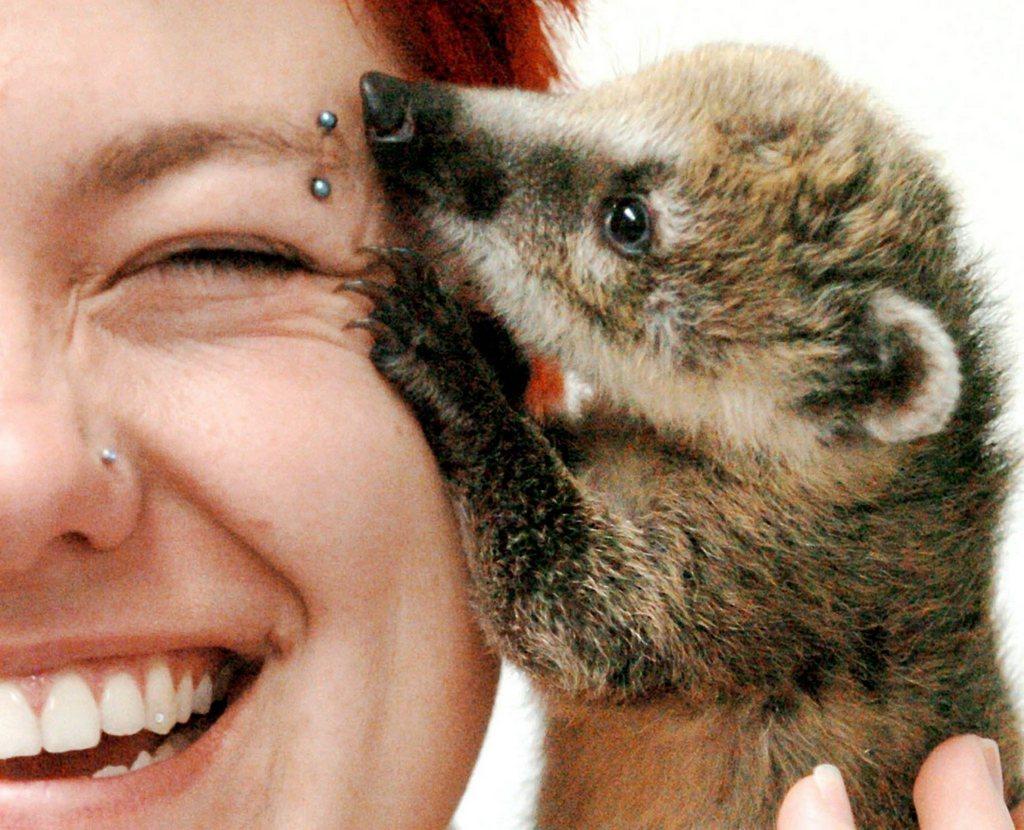
Animal cruelty cases rise in Switzerland

The number of criminal proceedings related to the mistreatment of animals has increased, according to a Swiss animal welfare group.
After a drop in 2017, the number of criminal cases for animal cruelty is on the rise again. In 2018, 1,760 cases were recorded by the Zurich-based Tier im Recht organisationExternal link, compared to 1,704 the previous year.
In a statement issued on Thursday, the NGO said the increase in prosecutions showed that criminal law on animal protection were being implemented more effectively. Nevertheless, the foundation believes that “much remains to be done” as “offences are frequently downplayed by the authorities”.
Tier im Recht deplores the fact that the punishments imposed are low compared to what the law provides. The average fine for illegal ownership or breeding of animals was CHF492 ($497) in 2018 (CHF432 in 2017), whereas the upper limit is CHF20,000. The foundation believes the sanctions are not proportional to the suffering inflicted on the animals.
Most infringements (50.4%) concerned pets, mainly dogs. One-third (33.3%) related to farm animals and one-tenth (9.8%) to wildlife. When compared to population size, the proportion of criminal proceedings has decreased. The Swiss average is 2.02 proceedings per 10,000 inhabitants, compared to 2.18 in 2017.

More
Which animals do the Swiss love best?

In compliance with the JTI standards
More: SWI swissinfo.ch certified by the Journalism Trust Initiative

















![The four-metre-long painting "Sonntag der Bergbauern" [Sunday of the Mountain Farmers, 1923-24/26] had to be removed by a crane from the German Chancellery in Berlin for the exhibition in Bern.](https://www.swissinfo.ch/content/wp-content/uploads/sites/13/2025/12/01_Pressebild_KirchnerxKirchner.jpg?ver=a45b19f3)











You can find an overview of ongoing debates with our journalists here . Please join us!
If you want to start a conversation about a topic raised in this article or want to report factual errors, email us at english@swissinfo.ch.